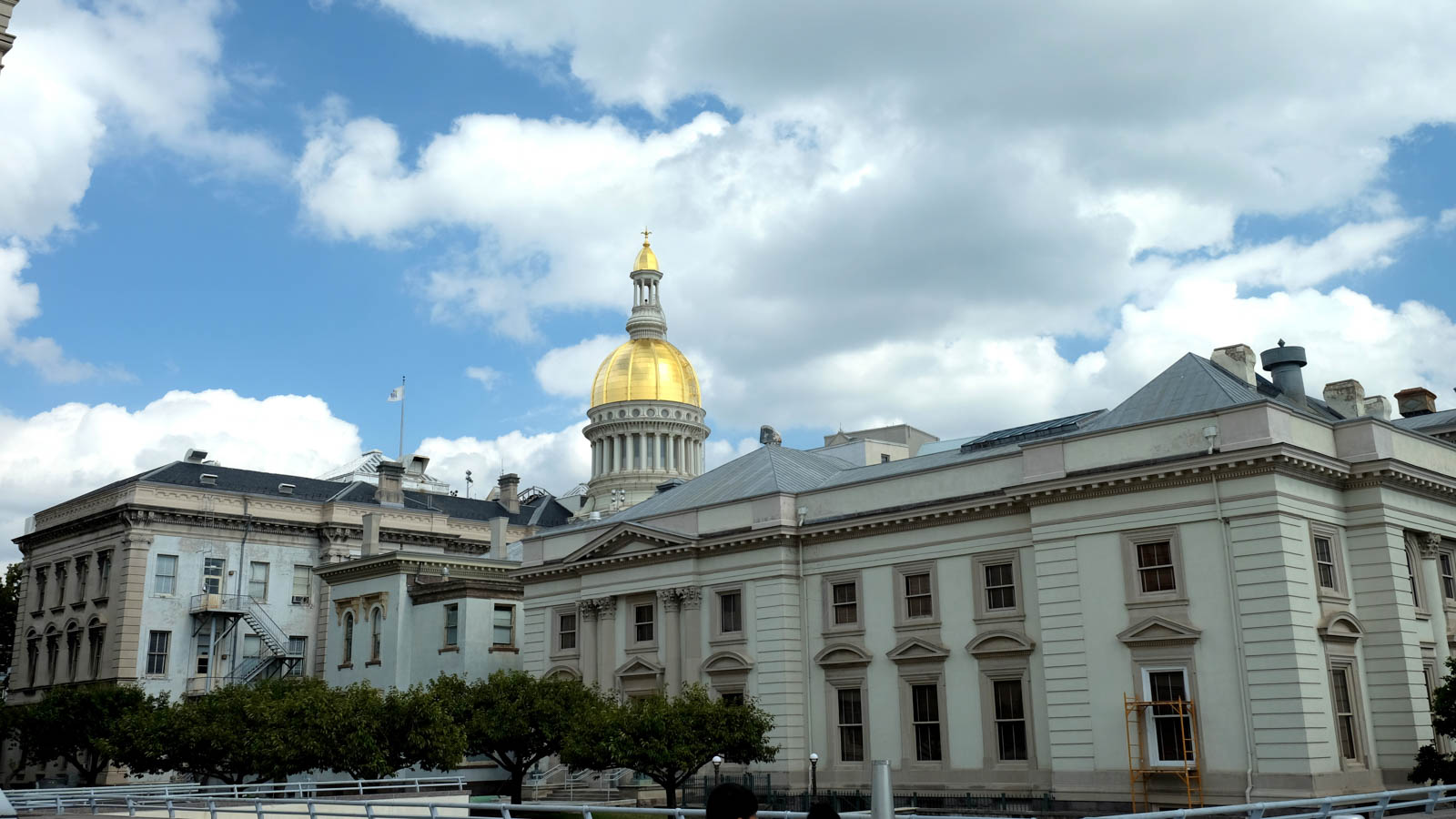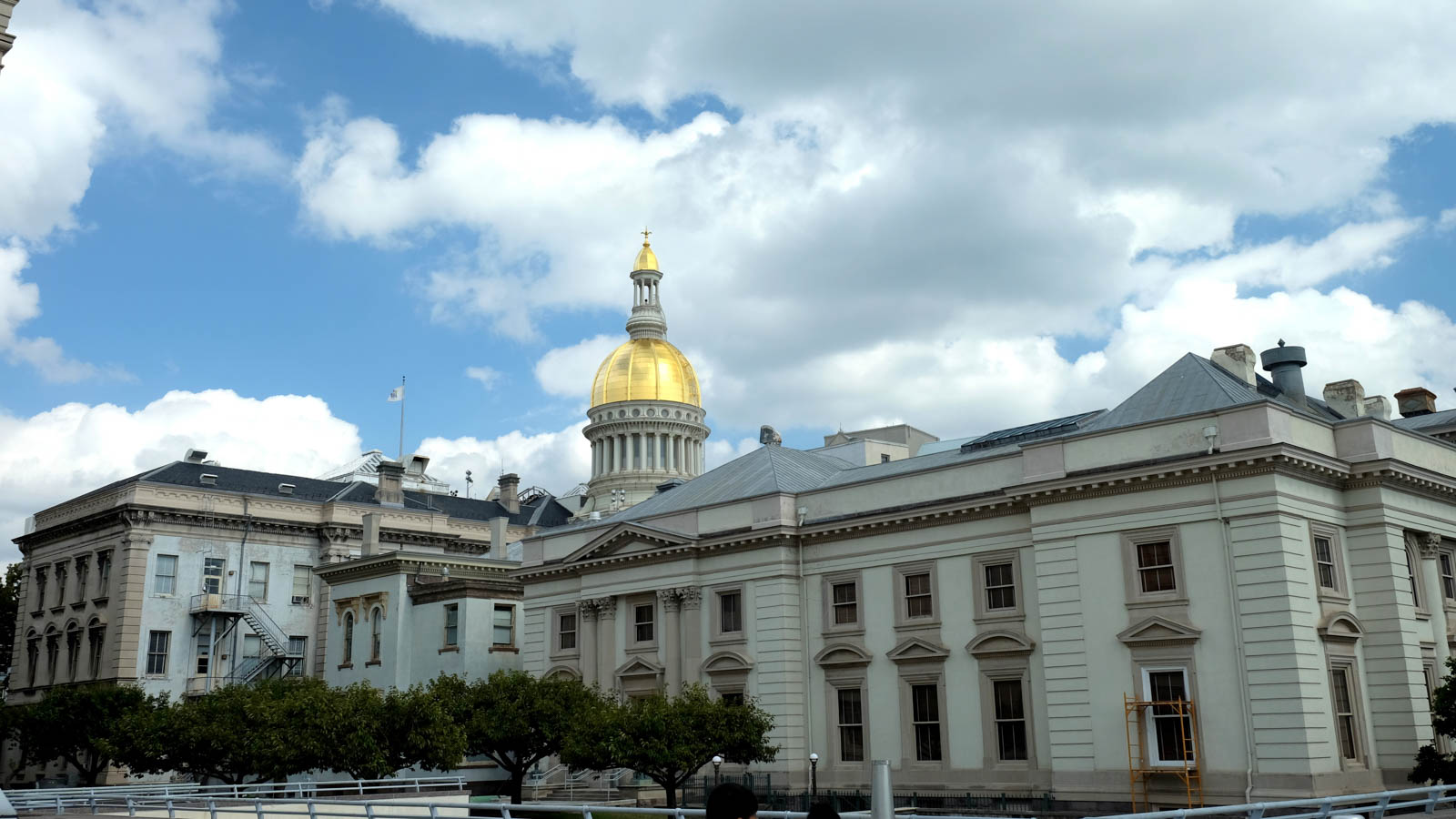
Following months of debate and negotiations in the Legislature, New Jersey lawmakers announced on May 14, 2019, that they were unable to work out their differences on a marijuana legalization bill and will instead be giving voters the opportunity to enact reform through a measure on the state’s 2020 ballot.
Democratic Senate President Steve Sweeney said that his chamber will move forward with expanding New Jersey‘s medical cannabis program and passing social justice legislation to expunge records, but that it won’t “pursue the legalization of adult use marijuana at this time.”
Voters will have to wait until November 2020 to vote on a ballot measure to end cannabis prohibition.
We will move forward with the expansion of our medical cannabis program as well as the progressive social justice reforms in the expungement legislation. We will not, however, pursue the legalization of adult use marijuana at this time.
— Steve Sweeney (@NJSenatePres) May 15, 2019
“It’s something I feel strongly in, but the votes aren’t there,” he said.
Part of the reason for the lack of votes is the governor’s recent announcement on medical marijuana expansion, which was initially tied to an adult-use legalization bill that lawmakers have been working on, Sweeney said at a press conference. Democratic Gov. Phil Murphy announced May 13, 2019, that the state Health Department would be moving to expand the supply of cannabis and add new qualifying conditions.
Sweeney says the votes just are not there – 21 needed in the state Senate. Asm. @SpeakerCoughlin said the Assembly has the 41 votes needed for it to pass.
“We lost votes after [Murphy’s] announcement of [medical] expansion,” Sweeney says.
— Daniel Munoz (@DanielMunoz100) May 15, 2019
“When they announced the expansion of medical, it just ended any chance of this [passing],” Sweeney said. “We lost votes after [Murphy’s] announcement of [medical] expansion.”
Democratic Assembly Speaker Craig Coughlin said in a press release that he agreed with Sweeney’s decision to move ahead with medical cannabis and expungement legislation, but he did not specifically address the issue of putting legalization on the ballot.
“Social justice and social equity have always been the foundation of support for me and my caucus for adult use cannabis,” he said. “Those issues should not fall by the wayside if we are not able to achieve the votes for adult-use cannabis. Too many of our residents, particularly those of color, have been marked for life over a mistake they’ve made once in their youth. This is a social justice issue that must, and will be addressed.”
.@SpeakerCoughlin on Plans for Medical Marijuana and Expungement Legislationhttps://t.co/3LHvEPOkUY pic.twitter.com/ixPcHartpu
— NJAssemblyDemocrats (@njassemblydems) May 15, 2019
White Senate and Assembly committees approved legalization legislation in March 2019, the bill was pulled from a scheduled Senate floor vote after it became clear there was insufficient support to pass it. Despite the setback, both Sweeney and Murphy responded by saying they were disappointed but determined to get the bill approved.
A series of compromises were struck between the governor’s office and lawmakers in an effort to keep the legislation alive. Murphy’s primary issue with earlier versions was the tax rate for cannabis sales, which he felt should have been higher than originally proposed. To appease Murphy, lawmakers agreed to tax sales by weight with a $42 per ounce (28.35 grams) excise tax.
Don’t expect to see that rate included in the legalization ballot measure, though. Sweeney said that it was too high and only agreed for the sake of getting legislation passed, but that “now that there’s not a bill and it’s going to a constitutional amendment, we are going to adjust things.”
Sweeney says he no longer wants the $42 an ounce tax rate on recreational #marijuana. “I thought it was too high… it was a compromise to get the bill done, but now that there’s not a bill and it’s going to a constitutional amendment, we are going to adjust things.”
— Daniel Munoz (@DanielMunoz100) May 15, 2019
Theoretically, there’s enough time to draft a measure and get it on the 2019 ballot, but the Senate president said the plan was to put it on the 2020 ballot, when voter turnout would be higher and more young people would be hitting the polls.
This article was republished from Marijuana Moment under a content syndication agreement. Read the original article here.











